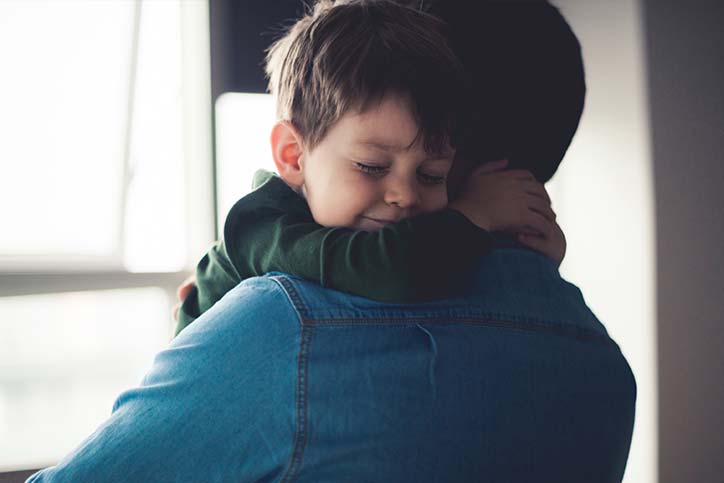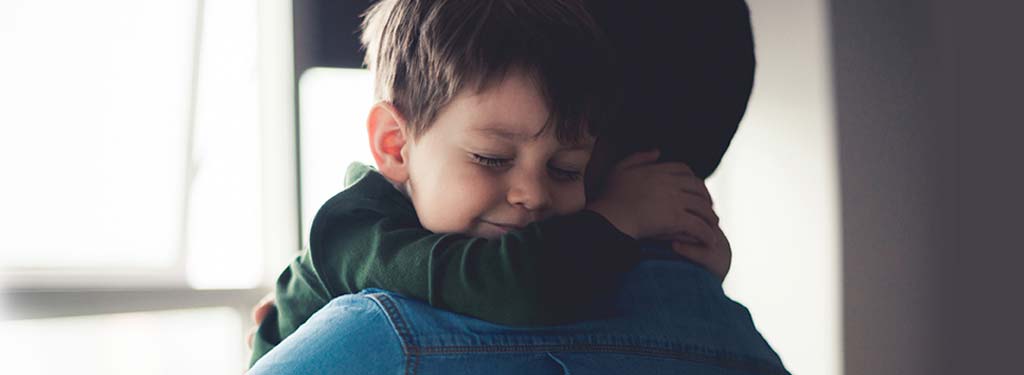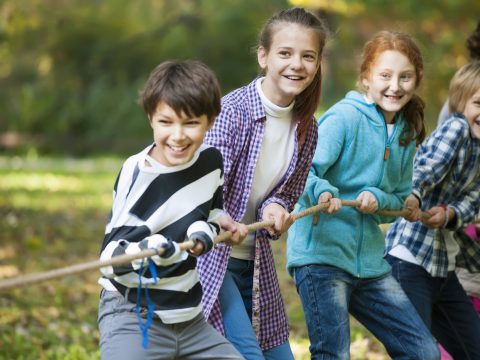Davina Richardson, RGN/RSCN Specialist Children’s Nurse at Bladder & Bowel UK, discusses bedwetting throughout childhood and at what stage you should seek professional help. Find out why bedwetting is considered a medical condition from 5 years old and what you can try at home to help your child become dry at night.

When a baby is first born their bladders are small. Therefore, they do not hold very much urine (wee) and do not fully empty with every wee. As babies are fed throughout the twenty-four hours, they produce lots of wee at night.
As the baby grows, so does the bladder. By the time a child toilet trains at 2 to 3 years old, the bladder is able to hold enough wee to last about one and a half to two hours. By this age children are no longer having an overnight drink or feed, which helps to reduce the amount of wee produced while they are asleep. In addition, the brain makes a special chemical messenger, called vasopressin, which tells the kidneys to make less wee during the night. As this system develops and the bladder grows, the child should become dry at night.
Bedwetting is very common, particularly in children under 5 years of age, but from 5 years it is considered to be a medical condition. Many children will get better with time, but this is most likely to happen if the child is dry for four or more nights a week. Children who are wetting most nights or every night are less likely to ‘grow out’ of the wetting.
Children cannot be trained to be dry at night in the same way as they are toilet trained in the day. Things that help children to become dry at night include:
- Encouraging a good fluid intake during the day: 5 year olds should be having six drinks evenly spaced through the day, with a total intake of about 1.25 litres. Children aged 7–12 years should have about 1.5 litres per day and teenagers should have about 2 litres per day, with more if it is hot or they are very active. Teenage boys usually need about 2.5 litres per day
- Avoid drinks in the hour before bed – if children are drinking well during the day, they should not be thirsty
- Avoiding food in the hour before bed, particularly food with a lot of salt or protein
- Avoid fizzy and caffeinated drinks (tea, coffee, hot chocolate, cola and energy drinks)
- Making sure your child uses the toilet just before they go to sleep
- If your child uses nappies or pull ups, try a few nights without them
- If your child is constipated, then ask their healthcare professional for advice.
It is not recommended to wake children at night to take them to the toilet.
If children are still wetting the bed at 5 years old, then assessment and treatment is available. Your healthcare professional should be able to provide advice and support or refer you to a specialist clinic.
For more information visit www.bbuk.org.uk and www.stopbedwetting.org
Bladder & Bowel UK also provide a confidential helpline service at email bbuk@disabledliving.co.uk or on telephone 0161 607 8219
By Davina Richardson RGN/RSCN Specialist Children’s Nurse, Bladder & Bowel UK.
MN/2038/2019/UK
Date of preparation: October 2019








